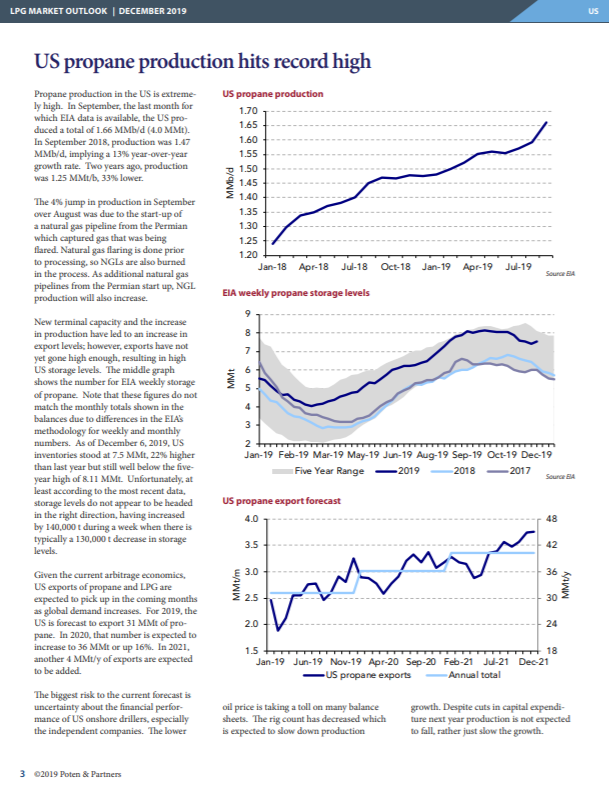Understanding The Value Of Middle Management: Benefits For Companies And Employees

Table of Contents
Enhanced Communication and Collaboration
Middle managers act as a vital link, facilitating communication between senior leadership and frontline employees. This crucial role ensures that information flows seamlessly, preventing misunderstandings and fostering a collaborative work environment. Effective middle management bridges the gap between strategic vision and operational execution.
Improved Information Flow
- Clear Communication of Strategy: They translate complex strategic plans and directives from upper management into actionable tasks and goals for their teams. This ensures everyone understands their role and how their work contributes to the bigger picture.
- Feedback Mechanism: They act as a conduit for feedback, gathering insights and concerns from employees and relaying them to upper management. This two-way communication prevents information silos and allows for timely adjustments to strategies and processes.
- Facilitating Open Dialogue: Middle managers actively promote open communication through regular team meetings, one-on-one check-ins, and the utilization of various communication channels. This fosters transparency and trust within the team.
Fostering Teamwork and Collaboration
- Team Building Initiatives: They implement team-building activities and initiatives designed to improve cohesion and collaboration among team members.
- Conflict Resolution: They act as mediators, resolving conflicts promptly and fairly, preventing workplace friction from impacting productivity.
- Cross-Departmental Collaboration: They encourage and facilitate collaboration between different departments, breaking down silos and fostering a sense of shared responsibility for achieving company objectives. This improves project efficiency and overall organizational effectiveness.
Increased Employee Engagement and Productivity
Middle managers play a pivotal role in motivating and engaging employees, directly impacting productivity and overall team performance. Their leadership style and actions significantly influence employee morale and job satisfaction.
Mentorship and Development
- Guidance and Training: They provide guidance, training, and support to their team members, fostering a culture of continuous professional development.
- Identifying Potential: They identify individual strengths and weaknesses, helping employees to utilize their talents effectively and develop new skills.
- Performance Feedback: They offer regular performance feedback and coaching, providing constructive criticism and celebrating successes. This continuous feedback loop contributes to improved performance and employee growth.
Improved Morale and Job Satisfaction
- Positive Work Environment: Fair and supportive middle management creates a positive and inclusive work environment where employees feel valued and respected.
- Addressing Concerns: They act as advocates for their employees, addressing concerns and ensuring their needs are met, improving trust and loyalty.
- Recognition and Rewards: They recognize and reward employee contributions, fostering a sense of appreciation and boosting morale, ultimately increasing productivity.
Improved Operational Efficiency and Strategic Execution
Middle managers are responsible for the day-to-day operations of their teams, ensuring smooth functioning and efficient execution of strategic goals. Their ability to streamline processes and align team objectives with overall company strategy is critical for success.
Streamlined Processes
- Workflow Optimization: They constantly evaluate and optimize workflows, identifying and eliminating bottlenecks to improve efficiency and reduce waste.
- Problem Solving: They proactively identify and resolve operational issues, ensuring smooth and uninterrupted operations.
- Project Management: They utilize project management tools and techniques to track progress, meet deadlines, and deliver results.
Strategic Goal Alignment
- Connecting Team Goals to Company Objectives: They translate high-level strategic goals into specific, measurable objectives for their teams, ensuring everyone is working towards the same overall vision.
- Progress Monitoring: They regularly monitor progress toward strategic objectives and make necessary adjustments to plans, ensuring alignment and efficiency.
- Empowering Teams: They empower their teams to take ownership and actively contribute to the company's success, fostering a culture of accountability and initiative.
Talent Retention and Succession Planning
Effective middle management is a cornerstone of talent retention and succession planning. By creating a positive and supportive work environment, they reduce employee turnover and cultivate future leaders.
Employee Retention
- Supportive Management: A supportive management style enhances job satisfaction and reduces employee turnover, saving the company valuable time and resources in recruitment and training.
- Investment in Development: Investing in employee development shows commitment to their growth, fostering loyalty and a desire to stay with the company.
- Growth Opportunities: Creating opportunities for growth and advancement keeps employees engaged and motivated, reducing the likelihood of seeking employment elsewhere.
Succession Planning
- Talent Pool: Middle managers provide a readily available pool of talent for future leadership positions within the organization.
- Leadership Development: Developing their leadership skills through training and mentorship ensures a smooth transition of expertise and knowledge.
- Business Continuity: This proactive approach to succession planning minimizes disruption and ensures business continuity, safeguarding the future success of the company.
Conclusion
In conclusion, the value of middle management extends far beyond simply overseeing daily operations. A strong middle management team is instrumental in fostering communication, boosting employee engagement, streamlining operations, and ensuring successful strategic execution. By investing in training, development, and support for middle managers, companies can reap significant benefits, including improved productivity, increased employee retention, and ultimately, a stronger bottom line. Understanding the value of middle management is key to building a thriving and successful organization. Invest in your middle management to unlock the full potential of your company and employees!

Featured Posts
-
 La Fires Landlords Accused Of Price Gouging Amid Crisis
Apr 24, 2025
La Fires Landlords Accused Of Price Gouging Amid Crisis
Apr 24, 2025 -
 The Changing Landscape Of Chinas Lpg Market From Us To Middle East
Apr 24, 2025
The Changing Landscape Of Chinas Lpg Market From Us To Middle East
Apr 24, 2025 -
 Regulatory Scrutiny And Doge Examining The Epas Actions Against Tesla And Space X
Apr 24, 2025
Regulatory Scrutiny And Doge Examining The Epas Actions Against Tesla And Space X
Apr 24, 2025 -
 Child Actor Sophie Nyweide Mammoth Noah Dead At 24
Apr 24, 2025
Child Actor Sophie Nyweide Mammoth Noah Dead At 24
Apr 24, 2025 -
 Canadas Economic Outlook The Need For Fiscal Responsibility
Apr 24, 2025
Canadas Economic Outlook The Need For Fiscal Responsibility
Apr 24, 2025
